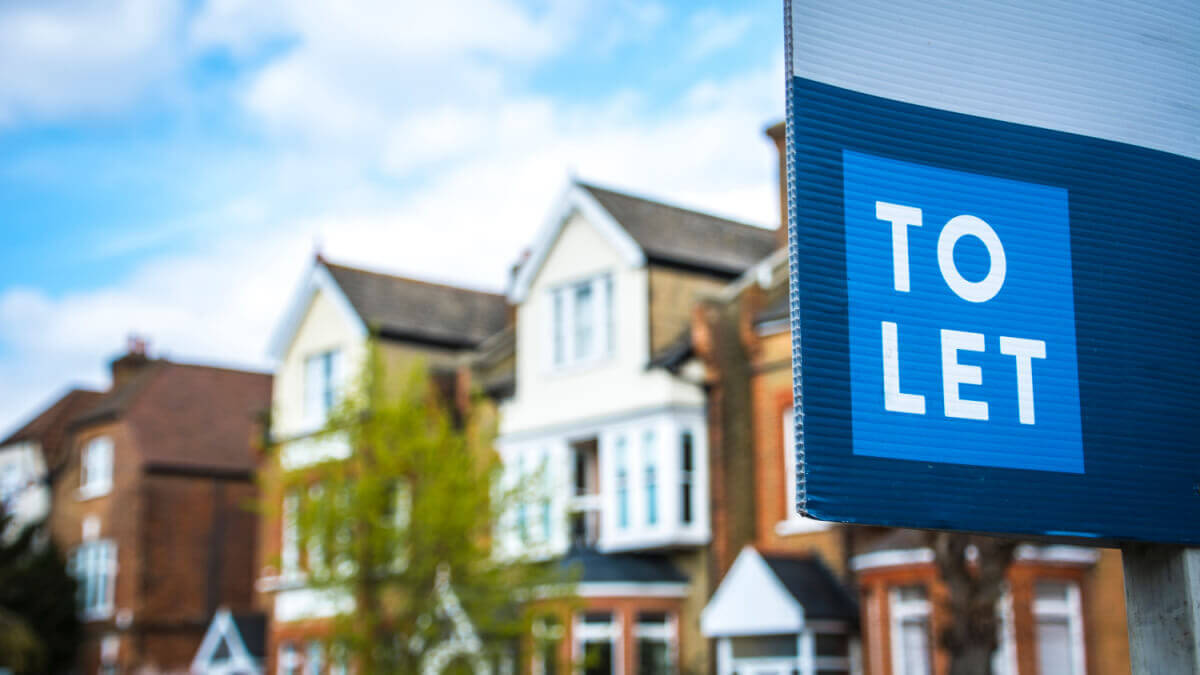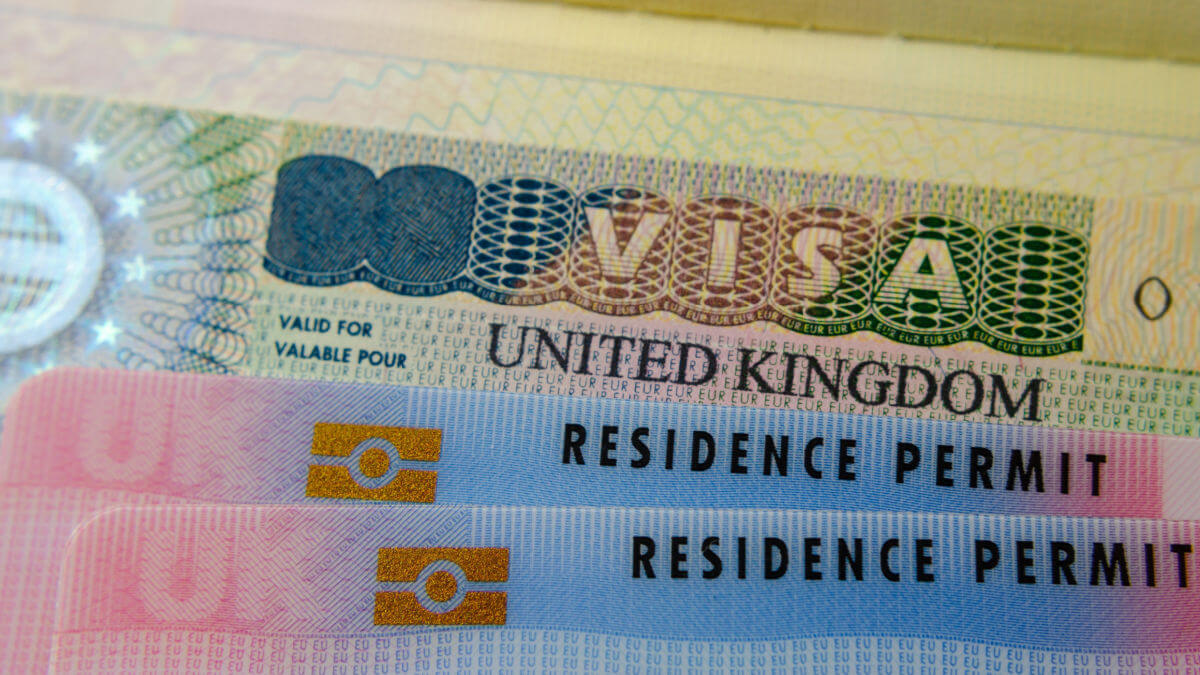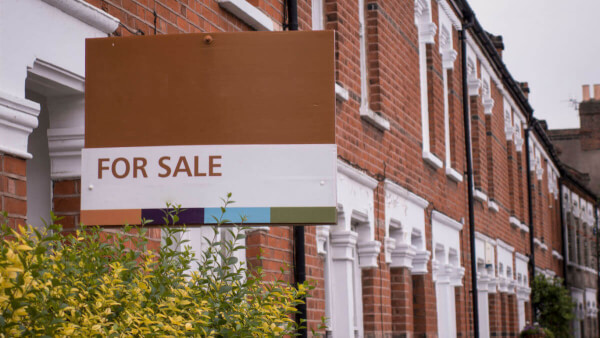Cheapest Universities in the UK for international students
Getting into a university in the United Kingdom has long been an aspiration for international students due to their world-class, top-notch excellence. There’s...

Looking to rent a home in the UK? Perhaps you’re moving to the UK from abroad, or moving between UK cities. You might even be renting your first ever property after leaving university or moving out of your parent’s home.
One of the first things you’ll want to know as you start your property search is how much it costs. We’ll cover everything you need to know here in this guide, including the average cost to rent in major UK cities.
We’ll also run through the process of renting a property in the UK, and a few places to start your search.
And if you’re planning a move to the UK, consider checking out the Wise account. You can manage your money in 50 currencies at once, and you can send and receive international payments for low fees and mid-market exchange rates. There’s even a Wise debit card for spending in the local currency in 175 countries, including the UK.
Please see the Terms of Use for your region or visit Wise fees & pricing for the most up-to-date information on pricing and fees.
So, how does renting a property work in the UK? We’ve put together a list of the key steps involved, so you have a better idea of what to expect.
To rent a property in the UK, you’ll need to be over the age of 18 and prove that you have the legal right to live and rent in the UK. This means providing documents and paperwork such as:¹
If, for example, you’re moving to the UK from India or from other countries, take care to have most of the documents sorted before arriving.
There are a few different ways you can find property to rent in the UK.
You can approach lettings agents in the area in which you’d like to rent. They’ll register your details, including your budget and what kind of property you’re looking for. And if something suitable comes onto the market, they can contact you.
However, as the rental market in the UK is so competitive, you might need to take a more proactive approach. This means searching for rental property yourself, and contacting the agent or landlord immediately to express interest and arrange a viewing.
The good news is that most of your search can be done online. Here are some of the popular UK rental property websites to try:
On most of these sites, you’ll be able to narrow down your search by entering your requirements. For example, the location, number of bedrooms, your budget and type of property. You can even filter by properties which have private parking or access to outdoor space.
On websites like Gumtree, you can find property for rent advertised by private landlords. Just be careful when responding to these adverts, especially before handing over any money. There’s a risk of rental scams and fraud on these sites, so it’s worth taking extra precautions if you’re finding property through this route.
Now we come to the most important question on your mind - how much does UK rental property cost?
Just like other kinds of living costs in the UK, it varies depending on a few factors. Primarily, where in the UK you plan to rent. Some regions are more expensive than others, such as London for example.
Alongside the monthly rent, there are other costs involved with renting a property. Here’s an outline of what you can expect:²
When choosing a house or flat to rent, you’ll also need to factor in the monthly running costs. This includes bills, such as water, gas and electricity, council tax, internet and other regular costs.
Importantly, you shouldn’t be charged any fees by the letting agent or landlord. Since June 2019, most of the fees associated with renting property have been banned in the UK.¹
It’s also crucial to ensure that any payments you make are safe, especially if you’re sending money from abroad. So, you may need to look into using a travel-friendly or international account, one with modern security protections in place.
Wise offers extra secure transfers from wherever you are in the world with the Wise account, using measures such as two-factor authentication. Wise has a 24/7 security operations and dedicated fraud prevention team on hand to protect your money, and are regulated by the Financial Conduct Authority (FCA) in the UK.
Read more about the Wise account
Please see the Terms of Use for your region or visit Wise fees & pricing for the most up-to-date information on pricing and fees.
As we’ve mentioned, the cost of rent varies considerably in different regions of the UK. You can expect London to have very high rental prices, while cities like Liverpool, Cardiff and Glasgow are much more affordable.
To give you a better idea of how much you’ll be paying in rent to live in the UK, it’s time to look at some figures. Here’s a rundown of the average monthly rent for a 1 bedroom apartment in the centre of 10 of the UK’s biggest cities:³
| City | Average monthly rent - 1 bed city centre apartment |
|---|---|
| London | £2,076.90 |
| Birmingham | £834.34 |
| Glasgow | £801.25 |
| Liverpool | £795.78 |
| Leeds | £844.29 |
| Manchester | £926.40 |
| Bristol | £1,145.64 |
| Newcastle | £833.66 |
| Cardiff | £798.51 |
| Edinburgh | £1,024.74 |
In theory, yes - you can try to negotiate the rental price with the landlord or letting agent. This could make your monthly rent cheaper, and save you money over the course of the tenancy.
But whether or not you’ll be successful depends on a few important factors. For example, how much demand there is for rental property in the local area, or for the property in question. If a landlord has dozens of other potential tenants queuing up, they’ll be less likely to engage in negotiations on the price.
However, if the property has significant flaws or you’re able to commit to a longer-than-average lease, you may be in a stronger bargaining position. There’s usually no harm in trying, but be prepared to accept the listed rental price if you don’t get the answer you’re hoping for - if you can afford it, of course.
And that’s pretty much it - all the essentials you need to know about how much it costs to rent a house or flat in the UK.
We’ve covered the steps involved in renting a property, and a few places to start your search. Plus, the documents you’ll need to successfully apply for a property, and a look at the average cost of rent in different UK cities. So, you should be ready to set a budget and start searching for a place to rent.
Renters in the UK face a competitive market right now. So if you want to secure your dream home, you’ll need to act fast and be fully prepared with all your paperwork. Otherwise, you could lose out to another, keener tenant.
And, consider checking out the Wise account to manage your money securely in the UK and abroad, with transparent fees and the mid-market exchange rate. You can also get a Wise card that works in 175 countries around the world, including the UK.
Please see the Terms of Use for your region or visit Wise fees & pricing for the most up-to-date information on pricing and fees.
Sources used:
Sources last checked on date: 08-Mar-2023
*Please see terms of use and product availability for your region or visit Wise fees and pricing for the most up to date pricing and fee information.
This publication is provided for general information purposes and does not constitute legal, tax or other professional advice from Wise Payments Limited or its subsidiaries and its affiliates, and it is not intended as a substitute for obtaining advice from a financial advisor or any other professional.
We make no representations, warranties or guarantees, whether expressed or implied, that the content in the publication is accurate, complete or up to date.

Getting into a university in the United Kingdom has long been an aspiration for international students due to their world-class, top-notch excellence. There’s...

When dreaming about higher education, many students have the United Kingdom in mind due to its prestigious universities and world-class academic programs....

Whether you’re commuting to work, planning a weekend getaway, or embarking on a grand adventure, Trainline offers a convenient and hassle-free way to book...

A guide to the residence permit in the UK, including what it is, who is eligible, how to apply and how much it costs.

Your essential guide to importing a car from the US to the UK, covering the costs, documents and procedures to follow.

Read our essential guide for foreigners buying property in the UK. Learn about fees, taxes, where to find property and a step-by-step guide to the process.